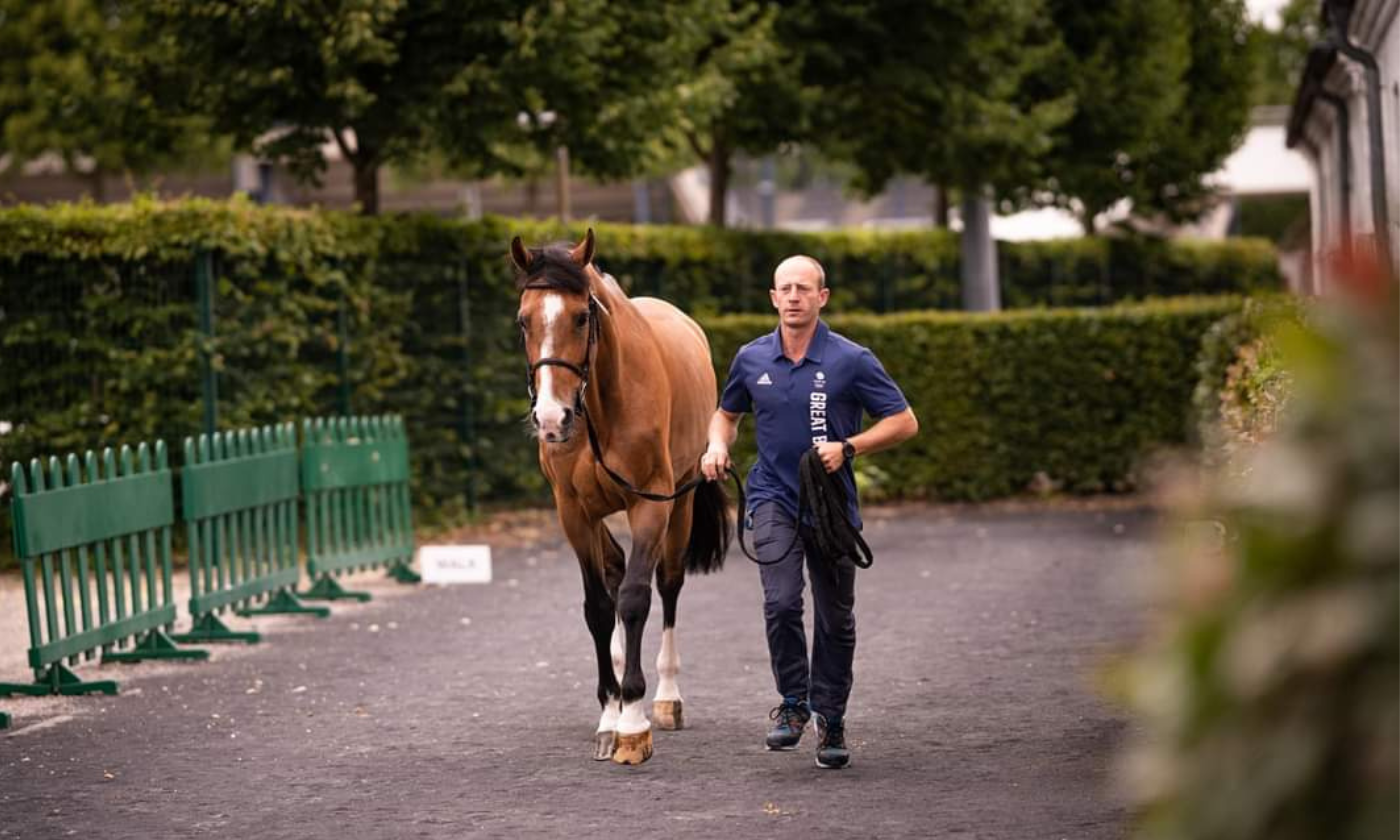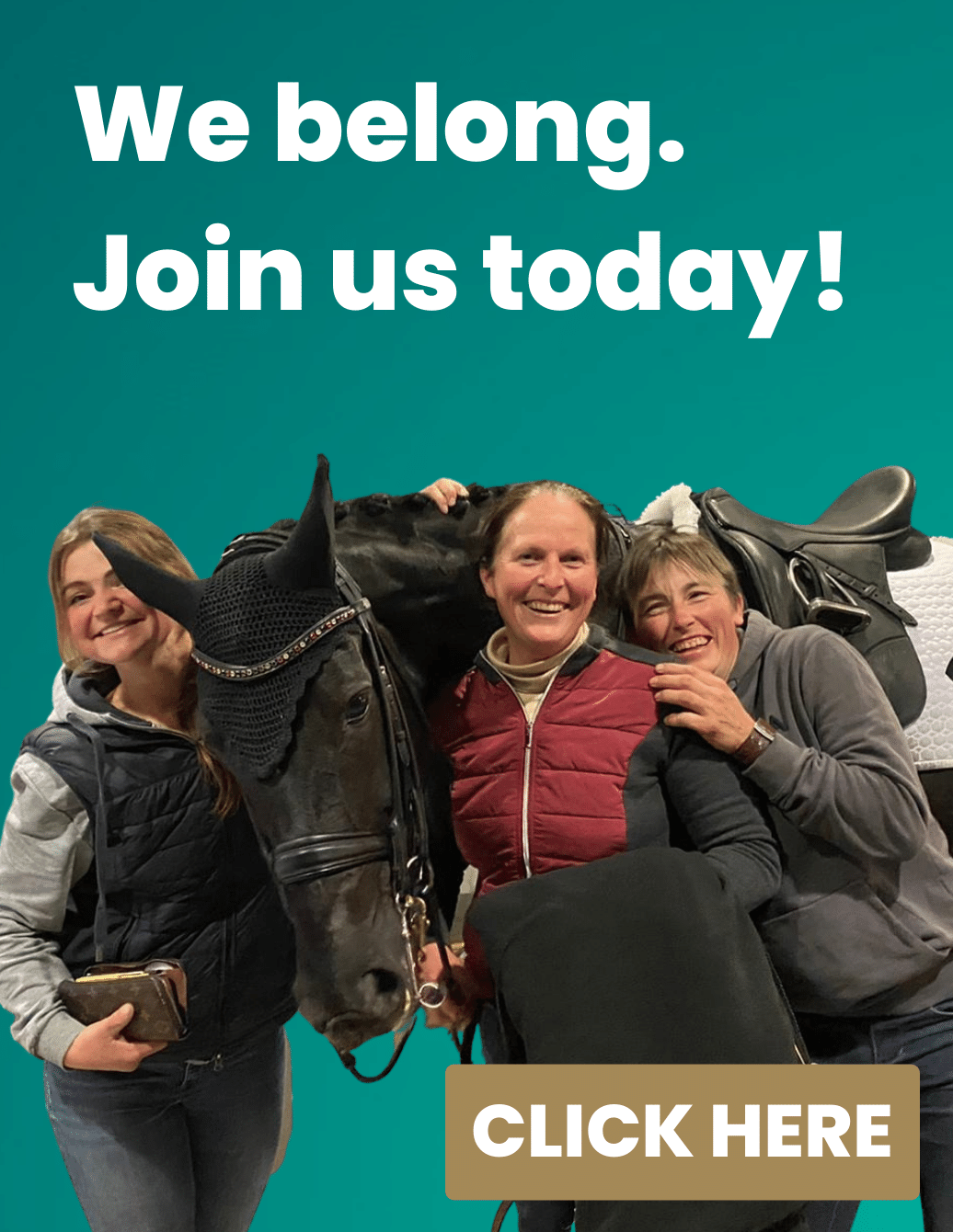David Honnet is a 5* jumping groom. For the past seven years he has worked for Great Britain’s Scott Brash.
“This blog is to discuss how to make grooms’ lives better or at least more sustainable. I could repeat the long list of issues within the industry, but I would like to be "solutions oriented".
First you have to say that in some ways the groom’s life is a lot better than it used to be. The wages in general are higher, the lorries for show grooms are nicer, there are more staff members per horse.
But the season is now so intense, with so many important shows and so much travelling. Maybe the industry has grown faster than we can all keep up with?
Because every groom works for a different rider or company, under different laws, the only workable way to make rules for better work conditions would be through the FEI or the shows organisers; unfortunately that will not solve what can happen back at home.
However, there are still practical considerations from the show organisers side which would help most, if not all, grooms.
*The Food.
That seems to be a very important topic for many grooms, and sure food is vital.
When I hear complaints about the food at a show, two things come to my mind : first, when and how did it become normal that we get fed by the show?
I mean three or four days a week I don’t have to pay for my food, while my home groom or home rider don’t get this financial advantage.
And second, we get to travel to different countries so I think you have to adapt a bit to the local culture. And also we have to understand that making food for hundreds of people that could show up at various times is very challenging, you cannot expect *too* much quality.
That being said, you can definitely see that some show organisers try very hard to bring the cost of catering for grooms as low as possible and that is not nice. There is a very simple solution to this problem :
Catering should always be the same for riders and grooms.
We work in the same place, we share the same passion, the same goals; for sure we can share the same food.
*Timing for classes and working hours.
The show organiser can have a big impact on the hours we work. There are shows that are very bad for this, they split the day into three sessions: morning, afternoon and evening. That forces us to work from very early hours to very late at night, especially if there is nowhere during the day for exercising.
This has to stop.
I am not against evening classes, because I understand that is good for the public and it's also a good time to show it on TV.
But then you must organise that the time for flat riding or lunging is not from 5am to 7am (also it doesn't make sense for the horses to exercise 12 hours or more before they jump).
Show organisers must make a choice, if you want evening classes, don't run other classes during the day or provide enough arenas and space so we can get the horses out anytime.
* Arriving and departure from the showground. A show should never be allowed to kick the horses out straight after the event is over. For horse welfare, as well as grooms, the stables must stay open for at least 12 hours after the end of competition so we can all rest before we have to travel.
For the arrival at the show it's a bit more tricky. My personal opinion is that it is better when we can arrive anytime even during the night. That demands an effort from the organiser, to have a stable manager or security 24/7.
*Unloading and loading equipment. Having help with your equipment when you arrive or leave the show is a game changer. A quad with a trailer or some volunteers saves us a lot of time and effort.
*Number of horses. With more regulation it would be possible to limit the number of horses a groom on his own can have at the show. For sure you must be able to enter more horses but then you must send 2 grooms.
*Doping tests. I think these should always be done in the horse’s own stable. It's very time-consuming to have to go to the MCP boxes, and all the time you are there (often far from everything) nothing gets done at the stables.
*Prize Givings. We could limit the number of horses in prize giving, top 3 or top 5 is enough. It's nice to get a good result but prize givings are time-consuming , there is no need for 8 or 10 horses, riders and grooms to be involved and finish working later or have less time before the next competition.
*Look outside horse sport. There are other sports similar to ours, with a lot of travelling and long hours, for example: Formula 1, football, WRC, Moto GP… we should look into how they make it work for their staff and adapt it for our needs.
Of course, all those little ideas come with a cost.
There is a lot of money in this business- but for the grooms at the heart of the industry it doesn’t matter how much money is surrounding them, it is about where it is directed."





